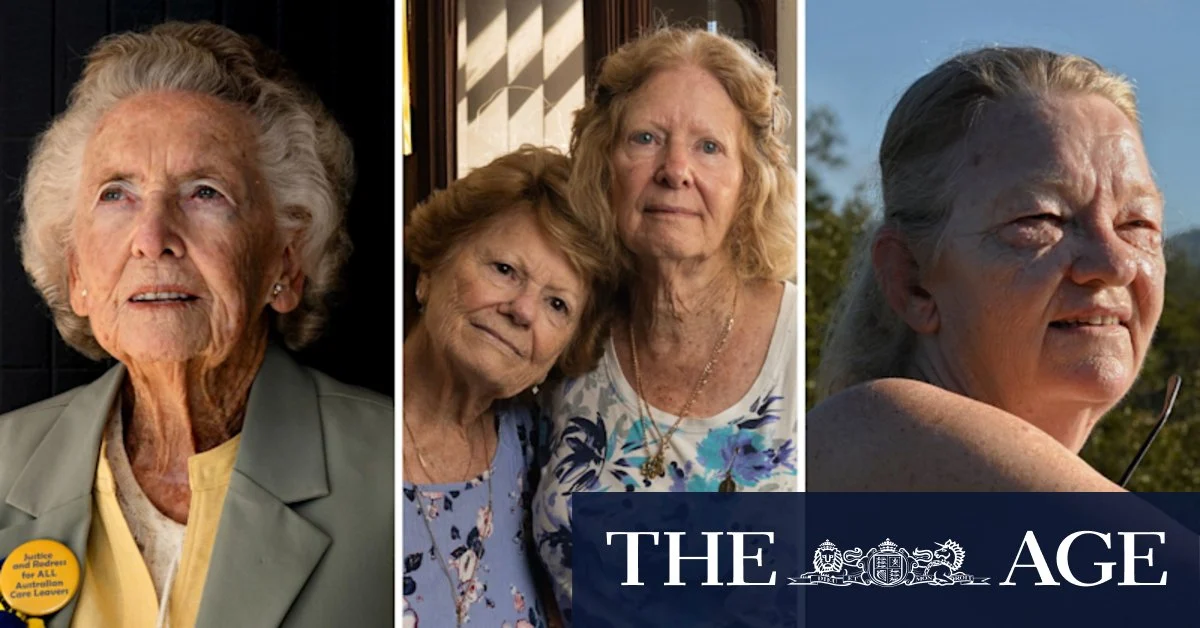When Farrar read Tuita’s story in the Herald, it was the first time she had heard someone speak about the examinations since that weekend in Glebe. Her charge was dismissed when the magistrate deemed her to be from a “good family”.
“It was my first experience of a class system,” Farrar recalls. “There was one rule for one, and one rule for others … and having a vaginal examination was part of that process.
State-based inquiries into institutional child abuse:
- Queensland: Forde inquiry (1999) found significant evidence of abuse and neglect of children in Queensland institutions
- South Australia: Mullaghan report (2008) investigated allegations of sexual abuse of children in state care
- Victoria: Betrayal of trust report (2017)
- Tasmania: Commission of inquiry into the Tasmanian government’s responses to child sexual abuse in institutional settings (2023)
- WA: parliamentary inquiry into improving options for survivors of institutional child abuse (2024)
“I’ve been a registered nurse for 55 years and I can’t understand what medical purpose that examination could have had … apart from giving some dirty old man a bit of a thrill.”
A spokesman for acting attorney-general Ron Hoenig did not respond to questions about an inquiry. He said NSW care leavers may be eligible for assistance through the state’s victims support scheme, or the national redress scheme for survivors of institutional child sexual abuse.
But virginal testing – what some advocates call “state-sanctioned rape” – was not recognised as child sexual abuse, said Care Leavers Australasian Network chief executive Leonie Sheedy.
“It clearly is,” Sheedy said.
That means they, and children who suffered other forms of physical and psychological abuse, are not eligible for redress.

Vernetar and Rayeleene O’Hehir both suffered horrific physical and psychological abuse at Mater Dei orphanage in Narellan during the 1950s. Credit: Louise Kennerley
Vernetar O’Hehir, who recalls being beaten and locked for three days in a cell at the Mater Dei orphanage in Narellan, said she wanted her children to understand what happened to her, and how that influenced the way she raised them.
“I know it was so hard for them when they were little,” she says. “We were so regimented … it was all we knew.”
Her sister, Rayeleene, said an inquiry would help her find closure.
“It was hidden for so long,” she says from her home in Maroubra. “I don’t want to be hurt anymore.”
If you or someone you know need support, contact Lifeline on 13 11 14 or Beyond Blue. SANE phone and digital support services can be accessed at sane.org. In the event of an emergency, dial Triple Zero (000).
Start the day with a summary of the day’s most important and interesting stories, analysis and insights. Sign up for our Morning Edition newsletter.


